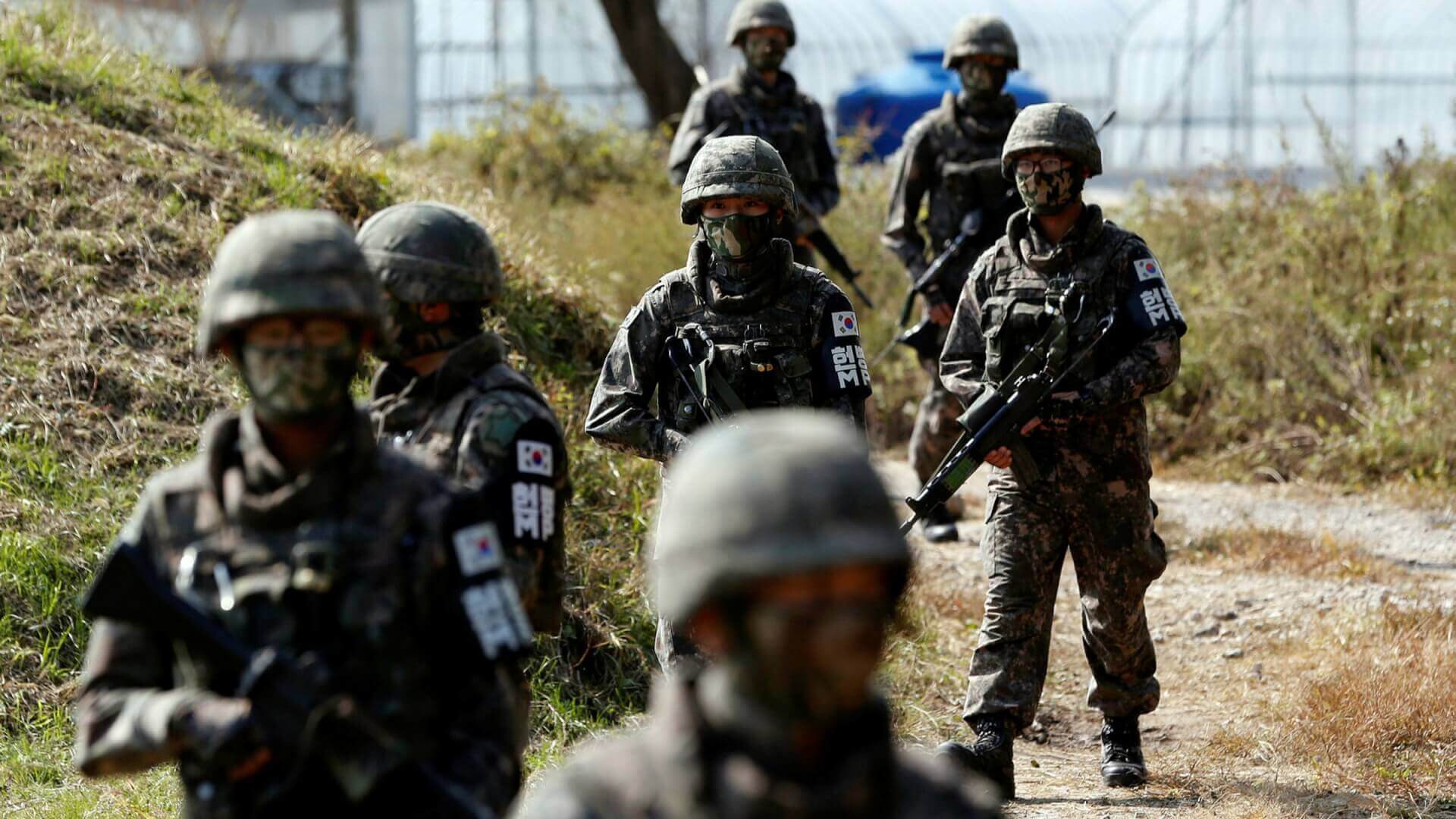South Korea said on Tuesday that it possesses the ability to detect and intercept a variety of missiles that North Korea has launched in recent weeks, although it admitted that the tests present a “grave” security concern.
Moon Hong Sik, the spokesperson for South Korea’s defence ministry, told reporters that although Pyongyang’s nuclear threats were “very grave and serious,” Seoul’s missile defence system is capable of detecting and intercepting the weapons systems that the secretive regime had used in recent launches.
He added that Seoul is still trying to incorporate spy satellites, surveillance drones, and additional sea-based reconnaissance assets to help better monitor North Korea’s military activities.
BREAKING: North Korea releases first images of various missile tests and military exercises conducted between Sept. 25 and Oct. 9 and guided by Kim Jong Un pic.twitter.com/crz5uOztWK
— NK NEWS (@nknewsorg) October 9, 2022
Meanwhile, President Yoon Suk-yeol told reporters that North Korea, which has been “consistently developing and advancing nuclear weapons capabilities” and is “now threatening not only (South Korea) but the entire world,” has “nothing” to gain “through nuclear bombs.”
Despite the defence ministry’s affirmation of its capabilities, analysts cited by the Associate Press (AP) pointed to evidence that some of the North’s newly developed weapons, such as a “highly manoeuvrable” KN-23 missile that has been modelled on Russia’s Iskander missile, as well as a developmental hypersonic missile, may successfully overcome defence mechanisms of South Korea and the United States (US).
The experts also argued that Seoul and Washington would find it to spot launches in advance and intercept them if Pyongyang were to fire multiple missiles from various launch sites simultaneously.
In recent weeks, the North has conducted a record-breaking flurry of tests, including an intermediate-range ballistic missile (IRBM) over Japan last week, which prompted authorities to alert residents in the country’s northeastern regions and order them to evacuate to shelters. It also raised the first “J-alert” alert since 2017 and suspended train services in the Hokkaido and Aomori regions.
Video of sirens in the northern region of Hokkaido Japan after a missile launch by North Korea which went over Japan and into the North Pacific Ocean. pic.twitter.com/5cAdrEGdRy
— Ice Analytics (@ice_analytics) October 3, 2022
It launched one short-range ballistic missile (SRBM) on 25 September, followed by two on 28 September, another two on 29 September, and two on 1 October. It then fired two additional ballistic missiles into the Sea of Japan on Sunday, marking its seventh test in two weeks.
To further pressure North Korea to give up the development of its weapons program, the US announced a fresh round of sanctions on North Korea last Friday. The country’s Treasury’s Office of Foreign Assets Control (OFAC) said in a press release that it had issued sanctions against three entities and two individuals who had assisted in exporting petroleum to North Korea, which it said “directly supports” the rogue nation’s “development of weapons programs and its military.”
The Treasury stated that the move highlighted Washington’s “commitment to implement existing United Nations Security Council resolutions (UNSCRs), including holding the DPRK accountable for its use of illicit ship-to-ship (STS) transfers to circumvent UN sanctions that restrict the import of petroleum products and supports the development of its weapons programs and military.”
However, the move is unlikely to deter the North’s Supreme Leader Kim Jong-un, who has vowed to continue pursuing his nuclear ambitions even in the face of growing international sanctions. In fact, he unveiled a new law last month that makes North Korea’s nuclear status “irreversible,” saying that even another 100 years of sanctions would not bring the country to surrender nuclear weapons.

